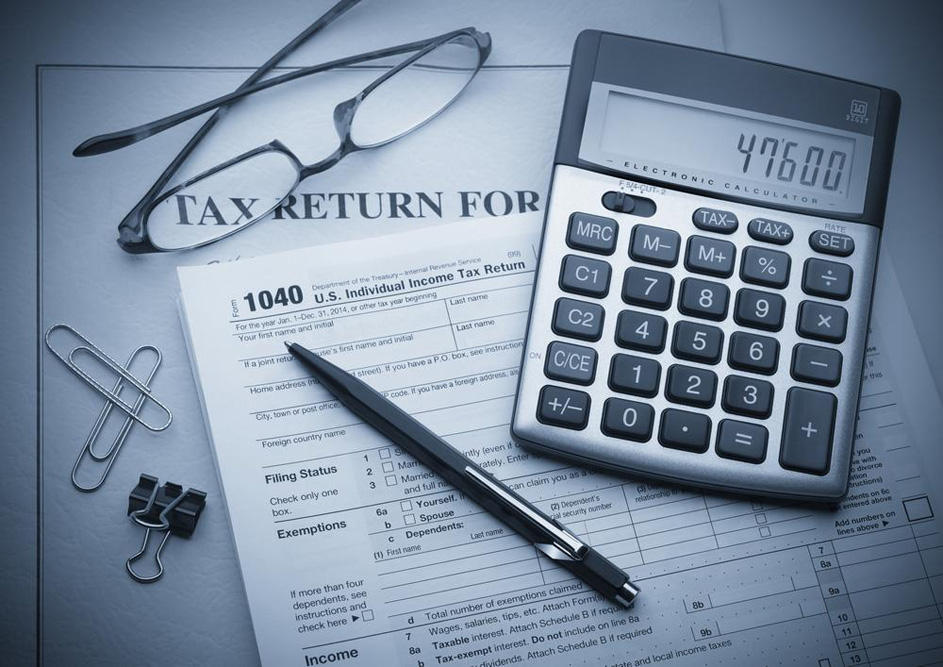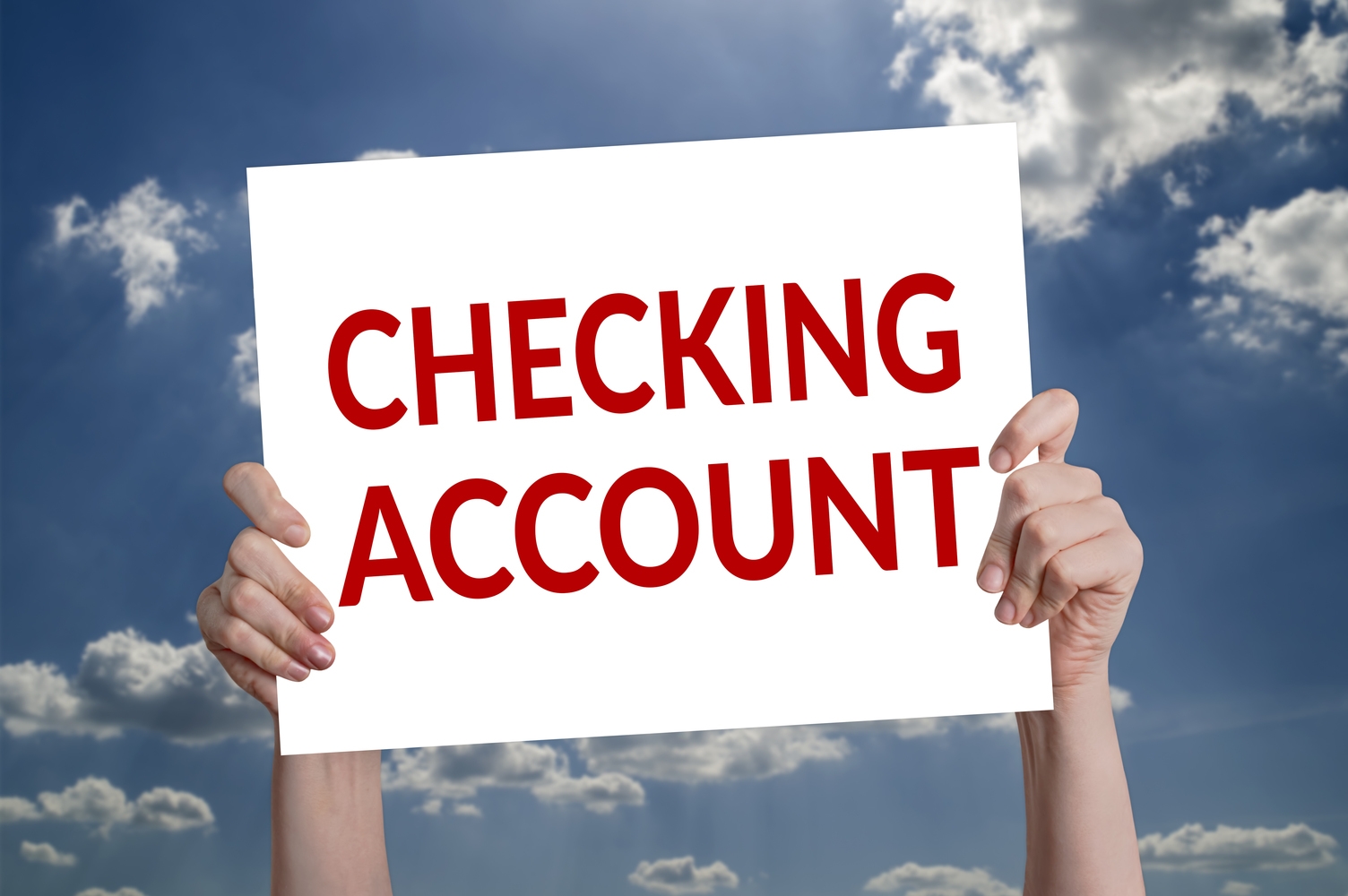Essential Tax Tips for Freelancers: Avoid Costly Mistakes
Freelancers face unique tax challenges that can lead to costly mistakes. This comprehensive guide highlights common tax errors such as neglecting self-employment taxes, poor financial record-keeping, incorrect deduction claims, and more. By adopting best practices and staying informed about current regulations, freelancers can ensure compliance, avoid penalties, and maximize their tax benefits. Proper tax management is essential for sustaining a profitable freelance career and securing future financial stability. Learn how to navigate these pitfalls effectively and optimize your tax strategy today.

Essential Tax Tips for Freelancers: Avoid Costly Mistakes
In recent years, freelancing has become an increasingly popular career choice, offering individuals the freedom to work on their own terms, set their schedules, and choose their projects. This shift has contributed to a significant expansion of the freelance economy worldwide, leading to more opportunities for income generation. However, alongside these opportunities come important responsibilities, notably managing and complying with tax obligations. Unlike traditional employees whose taxes are often deducted at source, freelancers are required to handle their taxes independently, making it crucial to understand the pitfalls and best practices to stay compliant, avoid penalties, and optimize deductions.
To help freelancers navigate the complex world of taxes efficiently, it's vital to recognize common errors that could jeopardize their financial stability and lead to unnecessary penalties. By proactively avoiding these mistakes, freelancers can streamline their financial management, decrease the risk of audits, and maximize their eligible deductions. Here are the primary tax pitfalls that freelancers should be aware of and strategies to prevent them:
Failing to Pay Self-Employment Taxes: One of the most prevalent mistakes among self-employed professionals is neglecting to allocate funds for self-employment taxes. Since income isn't taxed at the source, freelancers must proactively set aside money to cover obligations like Medicare and Social Security contributions. Failure to do so can result in hefty fines, interest charges, and even back taxes owed during tax season. To avoid this, freelancers should estimate their yearly tax liability and make quarterly payments to stay ahead of deadlines.
Poor Financial Organization and Record-Keeping:
Maintaining clear separation between personal and business finances is crucial. Mixing these funds can lead to errors when calculating taxable income and claiming deductions. A common mistake is using personal bank accounts for business transactions, which complicates record-keeping. Freelancers should create dedicated business accounts and utilize accounting software or spreadsheets to meticulously track all income and expenses related to their freelance activities. Proper documentation not only ensures accuracy during tax filing but also provides evidence in case of audits.Consistent and systematic record-keeping forms the foundation of successful tax management for freelancers. This includes recording every payment received, receipts for expenses, invoices issued, and all relevant financial transactions. Implementing a routine to organize and review these records regularly can prevent oversight and help identify deductible expenses accurately.
Related Insights: Top 22 Overlooked Tax Deductions for Freelancers
Incorrectly Claiming Deductions:
Freelancers often mistakenly claim ineligible expenses or overlook eligible deductions, risking penalties and audits. For instance, claiming property taxes as deductions when working from home is invalid unless specific criteria are met, and including irrelevant taxes or personal expenses can trigger scrutiny. It's essential to understand allowable deductions thoroughly and maintain proper documentation for each claim.
Overlooking Health Insurance Premium Deductions:
Many self-employed individuals forget to deduct health insurance premiums from their taxable income. Since health coverage costs are significant, claiming these expenses can reduce overall tax liability and provide additional financial benefits, ultimately saving money.
Using Rounded or Estimated Figures:
Providing approximate or rounded figures can appear suspicious to tax authorities. It's best to report accurate income and expense figures using actual receipts and including decimals to ensure transparency and avoid discrepancies in financial reporting.Managing and reporting income as a freelancer can be complex, given the variety of payment methods—from weekly or daily payments to lump sums. Accurate and detailed record-keeping simplifies the tax filing process and helps maximize deductions. If managing this process feels overwhelming, it is advisable to consult professional tax advisors who specialize in self-employment taxation.
Stay informed about the latest tax updates and regulations. Follow us on Facebook and Twitter for expert insights on tax strategies and financial management tailored for freelancers.





